In many ways, the full-time recruiting process will be similar to the internship recruiting process. You’ll still be asked to “walk me through your resume,” to share strengths and weaknesses, to share stories of successes and failures. This time around, you’ll have a whole new set of experiences, from your classes to student group leadership, experiential programs, and of course, your internship.
1. Prepare to explain your summer (and any key projects): you will want to be able to refer to summer accomplishments early in the interview. Craft an efficient description of your internship that really highlights your contributions; then read it out loud, practicing until it rolls as smoothly off your tongue as your description of your first post-college job.
2. Quantify: make sure you have some details in mind about the major quantifiable results you achieved this summer. If you increased interns’ participation in social outings, improved your working group’s efficiency, or helped the office achieve a record fundraising goal, be ready to share those details.
3. Consider your stock responses: in the next couple of months, you will be asked about strengths and weaknesses; you will be asked to describe yourself, and how others describe you; you will be asked to “tell me about a time when you convinced a group of people to make a change.” While you don’t want to throw out all your previously-prepared responses to “typical” questions like these, you do want to make sure that you incorporate your internship into many of them – so get out your old interview question matrix and figure out where you have great stories from your internship to share!
4. Get your online prep started now: use InterviewStream to practice the responses to the questions that you might be asked! Now is a great time to pull out your STAR framework and start identifying ways to describe your internship experiences.
